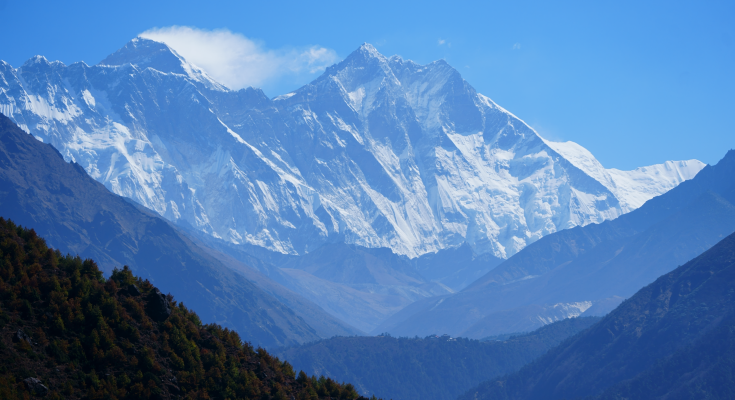
Risks mount as climate change hits the high Himalaya
Flooding, landslides and shifts in agriculture are rapidly becoming typical at the roof of the world. Why do residents still lack actionable guidance about how to adapt?

Flooding, landslides and shifts in agriculture are rapidly becoming typical at the roof of the world. Why do residents still lack actionable guidance about how to adapt?